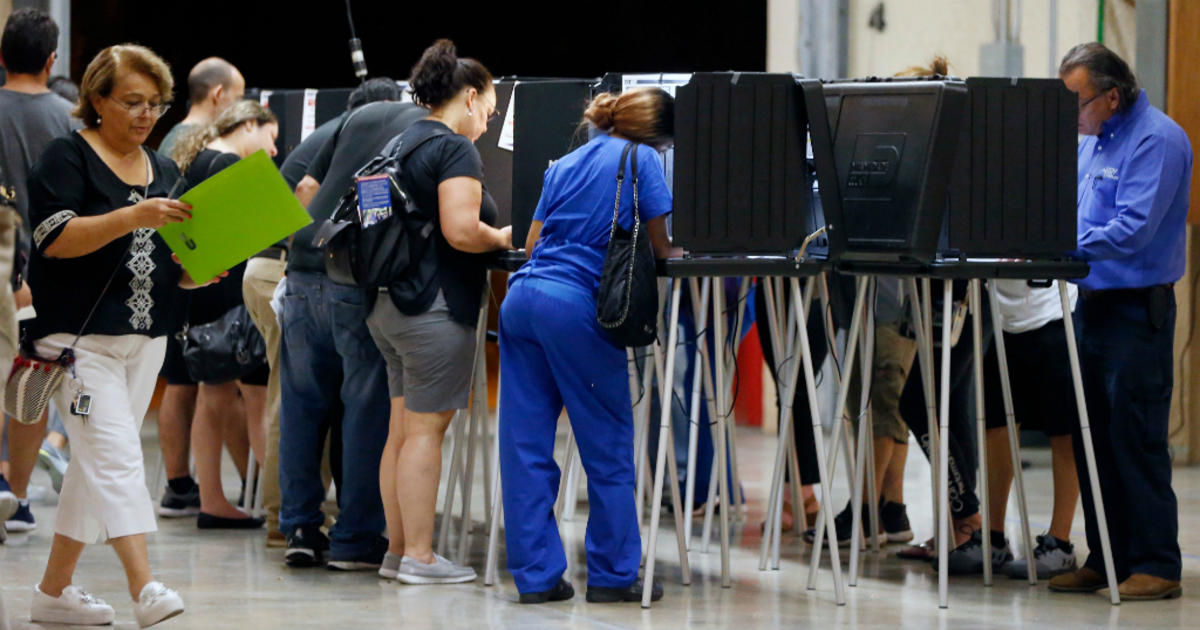This Could Help You Find Out if You're At Risk For High Blood Pressure
Follow CBSMIAMI.COM: Facebook | Twitter
MIAMI (CBSMiami) -- Scientists in London have made a genetic discovery that could help doctors identify patients who are at-risk for high blood pressure.
Paul Bowers-Isaacson didn't know he had high blood pressure until he suffered a heart attack 18-years ago.
Now, scientists from Queen Mary University have made a discovery that could help patients like Paul.
A team of researchers studied 150-thousand patients and found 107 new gene "regions" associated with high blood pressure.
"These 107 new gene regions may help us to tailor and select treatment in the future, but also, they identify the possibilities of us to bring new treatments to bear from existing therapies," Mark Caulfield with Queen Mary University.
Researchers said their findings may help predict who will eventually develop hypertension.
When asked if it's a matter of early detection and prevention, Caulfield said, "It's about understanding what the genetic make-up could contribute to our life choices."
Paul says he hopes the new research will identify others at risk so they don't go through what he did.
"Had I had a blood test and the doctor had actually said, 'Look, you've got this and this and this and this, and we know what the effect of that is', I'd probably do as I was told," said Bowers.
In the years since his heart attack, Paul has made major lifestyle changes: eating healthier, losing weight and exercising.
High blood pressure or hypertension affects about one-in-three Americans and is a leading risk factor for heart disease, stroke, and death, worldwide.



